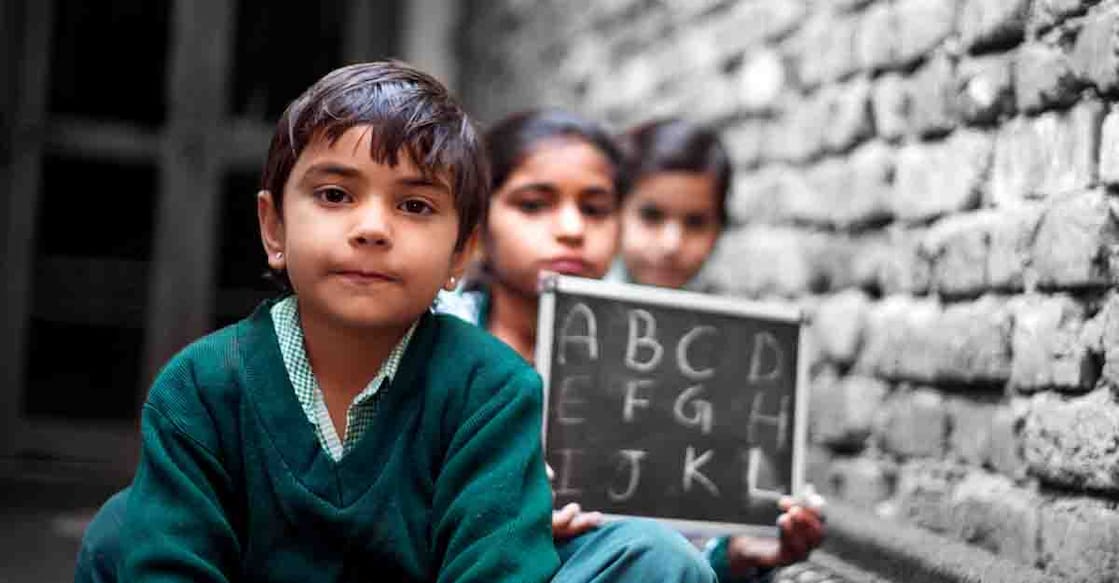Tripura govt nod for Right to Free and Compulsory Education Act

Mail This Article
Agartala: Tripura government has approved the Right of Children to Free and Compulsory Education Act, 2009, which allows no detention upto class four, a state minister said on Friday.
The act, which was earlier passed by parliament, provides for a regular examination in classes V and VIII and if the child fails, he or she shall be given additional opportunity for re-examination in two months' time, the minister said.
"The council of ministers in Tripura in its meeting on Thursday has approved the Right of Children to Free and Compulsory Education Act, 2009. We have accepted the act, which was passed by the parliament earlier," state Education Minister Ratan Lal Nath told reporters on Friday.
Parliament had passed the Right of Children to Free and Compulsory Education (Amendment) Bill, 2019 in January this year to amend a law to abolish the 'no detention policy' till class VIII by enabling state governments to allow schools to fail students.
"There will be no detention up to class four, but there will be examinations before promoting students from class V to VI. Similarly, examination will be conducted before promoting any student from class VIII to class IX, Nath said.
If students cannot clear the test in class V and VIII, they would be given the opportunity to appear the examination again in two months' time, he said.
"If students cannot clear the test for the second time, they would be detained in the respective classes," Nath said.
Five marks as grace could be given to a student having 85 percent of attendance, Nath said adding headmasters of the schools will have a special power for giving relaxation to specially-abled students and promoting them.
Nath said quality of education in the state-run and government-aided schools across Tripura would be maintained.

